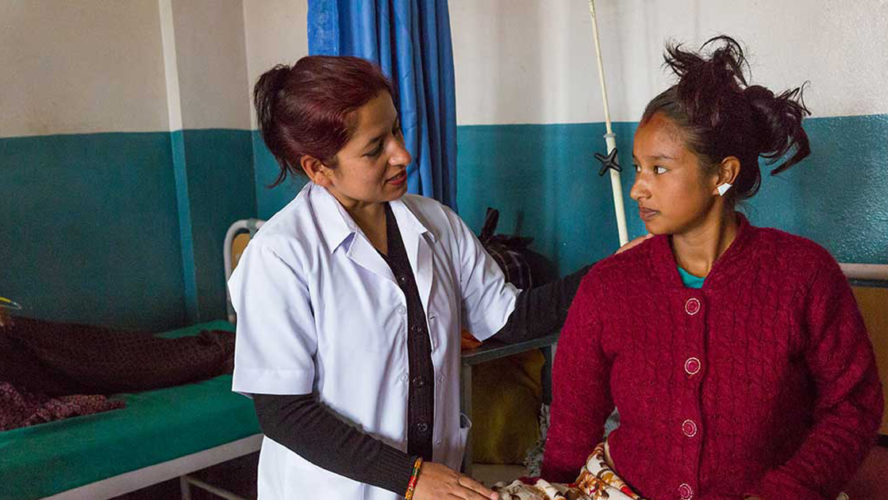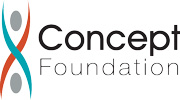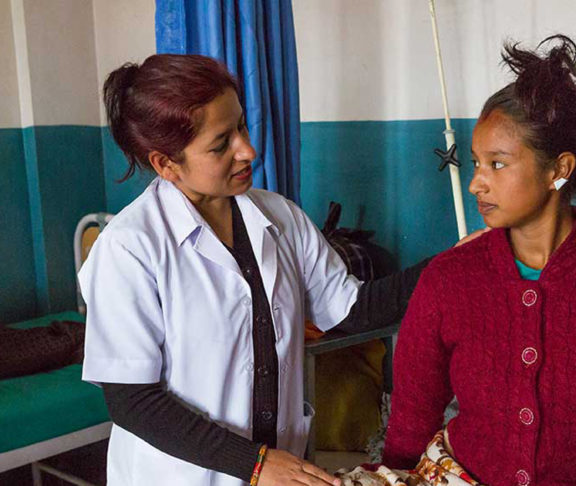
Metin Gülmezoglu
Executive Director, Concept Foundation

Lester Chinery
Director of Programmes, Concept Foundation

Petra Procter
Senior Programme Manager, Concept Foundation
An international not-for-profit organisation is working to bring better sexual and reproductive medicines to women and girls around the world.
Metin Gülmezoglu, Executive Director at Concept Foundation, says that as a global community, we are not doing enough to ensure women and girls are empowered to control their sexual and reproductive health and prevent unintended pregnancy when they wish to.
The gap in access to reproductive healthcare
The issue is most acute in low-resource settings, where a lack of access to affordable, quality medicines are disproportionately affecting the most vulnerable women in the world.
Lester Chinery, Concept Foundation’s Director of Programmes, adds: “Equally, during pregnancy and childbirth, a lack of effective and affordable medicines to prevent and treat life-threatening conditions is a primary cause of the high rates of maternal death we continue to see in low-income countries — and why there has only been two drugs ever developed for use by pregnant women.”
In low-income countries, lack
Petra Procter
of quality-assured medicines
can reduce effectiveness and
increase adverse outcomes.
Accelerating progress towards gender equity
Barriers preventing women and girls from accessing good quality reproductive health medicines not only have severe health and economic impacts on families, communities and societies worldwide, they serve to perpetuate deep-rooted gender inequities within global health systems.
Petra Procter, Senior Programme Manager at Concept Foundation explains: “We are working to tackle these issues by acting as an accelerator for innovation and access in women’s sexual and reproductive health, while applying a gender-transformative lens across our programmes, projects and initiatives.”
An ‘end-to-end’ approach to medicine access
Concept Foundation takes a systematic, end-to-end approach to addressing this issue, focusing primarily on contraceptives, medical abortion and maternal health medicines.
“We do this by working across sectors — at global and country levels — with key actors and stakeholders within country health systems, while considering all critical factors along the way,” explains Chinery.
Central to the Foundation’s work is ensuring both the quality and affordability of reproductive health medicines. “In low-income countries, lack of quality-assured medicines can reduce effectiveness and increase adverse outcomes,” warns Procter.
In parallel, quality medicines are frequently unaffordable for many women and girls in these countries, often made more challenging by a lack of infrastructure, referral pathways and stigma-related policy barriers that prevent women and girls from accessing the medicines and technologies they need, when they need them.
Gülmezoglu concludes: “Our work goes beyond quality of essential reproductive health medicines. We take a holistic approach to ensure country health systems and healthcare workers are equipped and enabled to deliver quality reproductive healthcare to all women and girls.”




